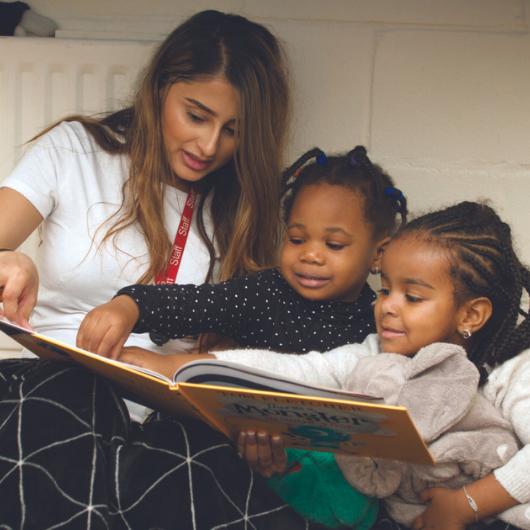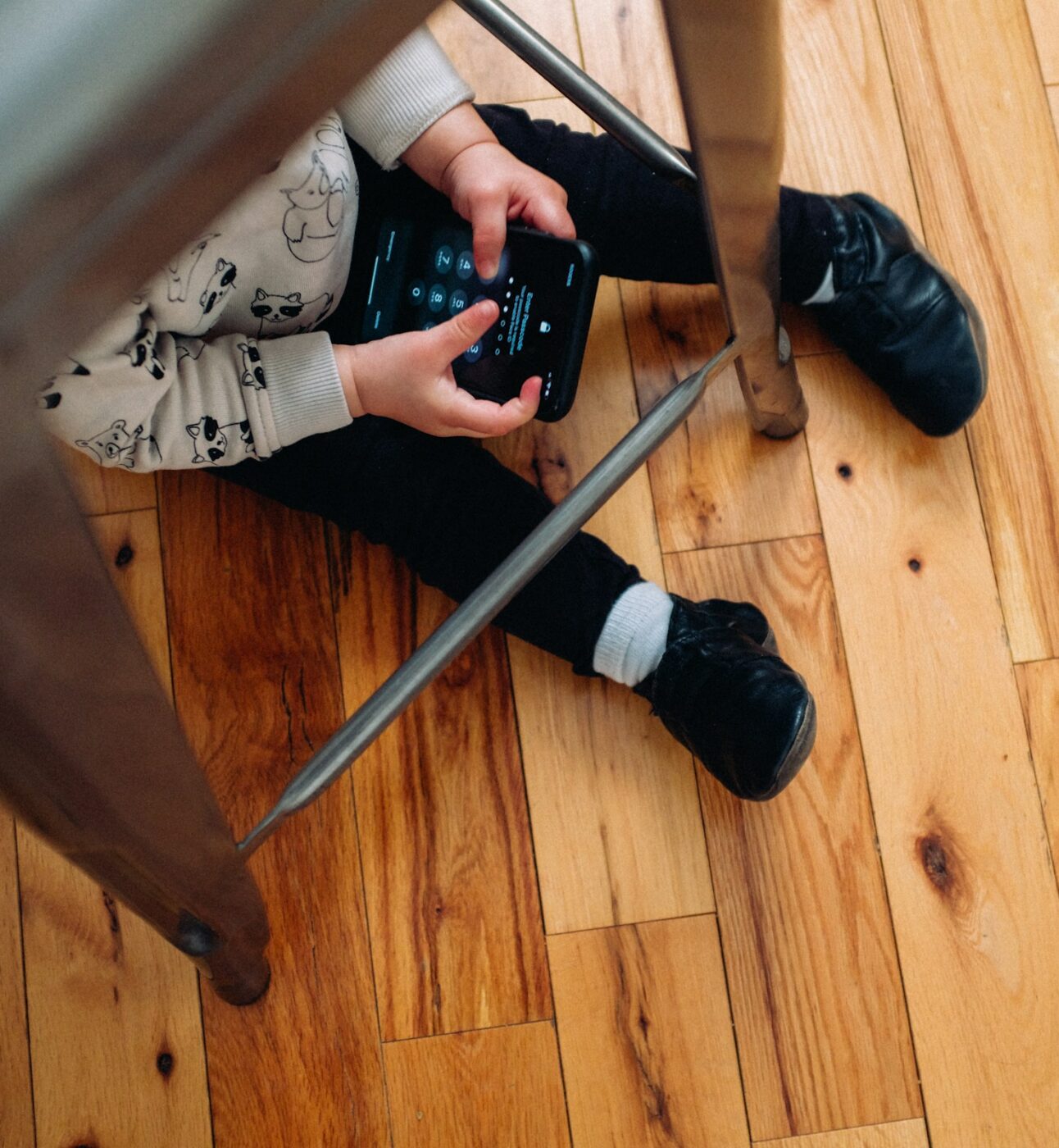
AI in Early Years: A Helping Hand or Hype?
This blog is No.3 in the AI suite This week, I want to examine how, or indeed, if AI can help with daily office tasks. I am coming at this…
September 10th 2019
Four LEYF staff recently attended the annual EECERA conference. This year it was held in the friendly hot and very humid city of Thessaloniki, a city suffering from the blight of austerity where people continue to struggle ten years on but also seem optimistic.
The EECERA conference is based on the principles of praxis, research, theory and practice all shaped into a triangle of enquiry. There have been 29 EECERA conferences, the brainchild of Professor Chris Pascal and Professor Tony Bertram but despite their best of intentions, the number of practitioners attending is still way too low.
That’s because we have no money you all shout, insufficient funding and no profit. Well, that may be true, but I keep a little savings pot to take at least three or four people to the conference when we have a paper accepted to present and when the flights and the AirBnB is affordable. Last year we did not have enough money and we certainly never got to Norway, but we have managed 11 out of the 29 conferences so far.
Why bother? Because although we can be irritated by the disconnect between researchers and practice and some of the research is way behind practice in its thinking and the language of academics can be alienating and pompous, we all benefit from the shared conversations, the partnership we build, the view from overseas and the membership of a learning community.
This year we were presenting a paper at a symposium and a poster. We had never done this before, and we literally collected it from the printer on our way to the airport. We were flying Ryanair and there was a shared sense of panic that they might not let us bring our precious poster size A0 in a recycled poster holder on board. However, smiles and charm worked and we got it on. The poster was a pictorial representation of our social pedagogy research journey that led to it shaping the LEYF Pedagogy and was our first opportunity to discuss our thinking in an international academic environment.
Our symposium was our opportunity to present our research on what children think of men in childcare. The report is called Men in Childcare; What do the Children Think? Hence the three colleagues with me this year were male teachers. Nick Corlett, Chair of LEYF Men In Childcare, Lukas Parry-Norman a teacher from Brixton who carried out a lot of the research with the children and Ben Clay, who as Pedagogy Manager needs to be able to learn about what is going on the academic world of early years. We also met up with our academic partners from the University of Wolverhampton, with whom we presented the paper.
We have written a full report from all the symposia we attended and keynotes we listened to. Obviously, we spread ourselves widely to get best bang for our buck! As we are busy re-writing our sustainability pedagogy, we attended lots of sessions on that, particularly from our Australian and Swedish colleagues. Gender workshops were useful to learn more about what is happening outside the UK. I attended a few sessions led by Australian colleagues on the impact of neoliberalism with its focus on performance targets and measures on the education of small children. We all know it here as baseline assessment and the pressure that is having on how we teach, the reduction of play and the impact that is having on the children’s wellbeing.
There was a powerful keynote from Samuel Meisels from the Buffett Institute at the University of Nebraska showing how their research has found that all this assessment is not really improving education.
In fact, it has caused play to be pushed out of the classroom and be replaced by activities that can be managed. He said that the lack of play is crushing children’s imagination and their willingness to learn. He reminded us that early development is episodic and uneven, so the concept of readiness is relative and therefore contested. Testing looks at teaching but opportunities for learning are vastly different and how can that be measured with any level of validity. He reminded us that test used for high stakes change what is taught. His powerful reminder was that the best way to improve a child’s performance is to teach the child, not test the child.
My favourite of the whole event after the guy above was Dr Jan Peeters from Ghent University. I have been a fan of their work on child poverty for a long time.
He used the term pedagogical heroes which I have already used a few times. What a great way to describe those fantastic teachers who bring the world alive for children.
I think the benefit to the staff is best summarised here:
For me, a benefit is the questions that EECERA has got me asking myself. The symposia or keynotes that have instantly made me reflect on my own and LEYF practices. Questions such as, is our focus on home learning undifferentiated? Or do we truly do everything we can to establish strong and meaningful bonds with our hardest to reach families, the ones who need us the most! I’m also now very attached to the term “Pedagogical Heroes” and after hearing case study examples of teachers who really made a difference to children’s lives, it’s got me thinking about our own LEYF Pedagogy and how we can identify these dedicated and passionate pedagogues within LEYF. These people are the true catalysts for leading for a culture of excellence. The unsung heroes!
Another question that has already led to actions asks, how many arms to our Social Impact are we developing and exploring at LEYF? For example, could/should we be providing ECEC scholarships to children and families who are seeking refuge in the UK? Should we be partnering up with other charities and aid providers who directly work with and support these families in London?
A final benefit that EECERA has given me is a much deeper understanding of Risky Play, and the many different types of risk that we must support children in taking that are not physical risks, such as heights or real tools, but social risks, emotional risks, the risks that individuals need to take in order to form relationships, trust and friendships.
This is Lukas’ 5 month old nephew and we wondered what he would have made from the experience. I suspect he might thank us for trying to partner with researchers so we have a stronger learning community and that the two voices together mean he has a better chance of getting an education that is based on scientific research rather than political ideology.
Go, Uncle Lukas, get out there and build praxis!

This blog is No.3 in the AI suite This week, I want to examine how, or indeed, if AI can help with daily office tasks. I am coming at this…

Launching the Reading Rights Summit in Liverpool Last week, Booktrust (where I proudly serve as a Trustee) hosted the Reading Rights Summit. We were joined by special guests, the…

It is Good to Talk! The signs of things going wrong in society are usually first evident in small children. The widespread dependence on Smartphones is…